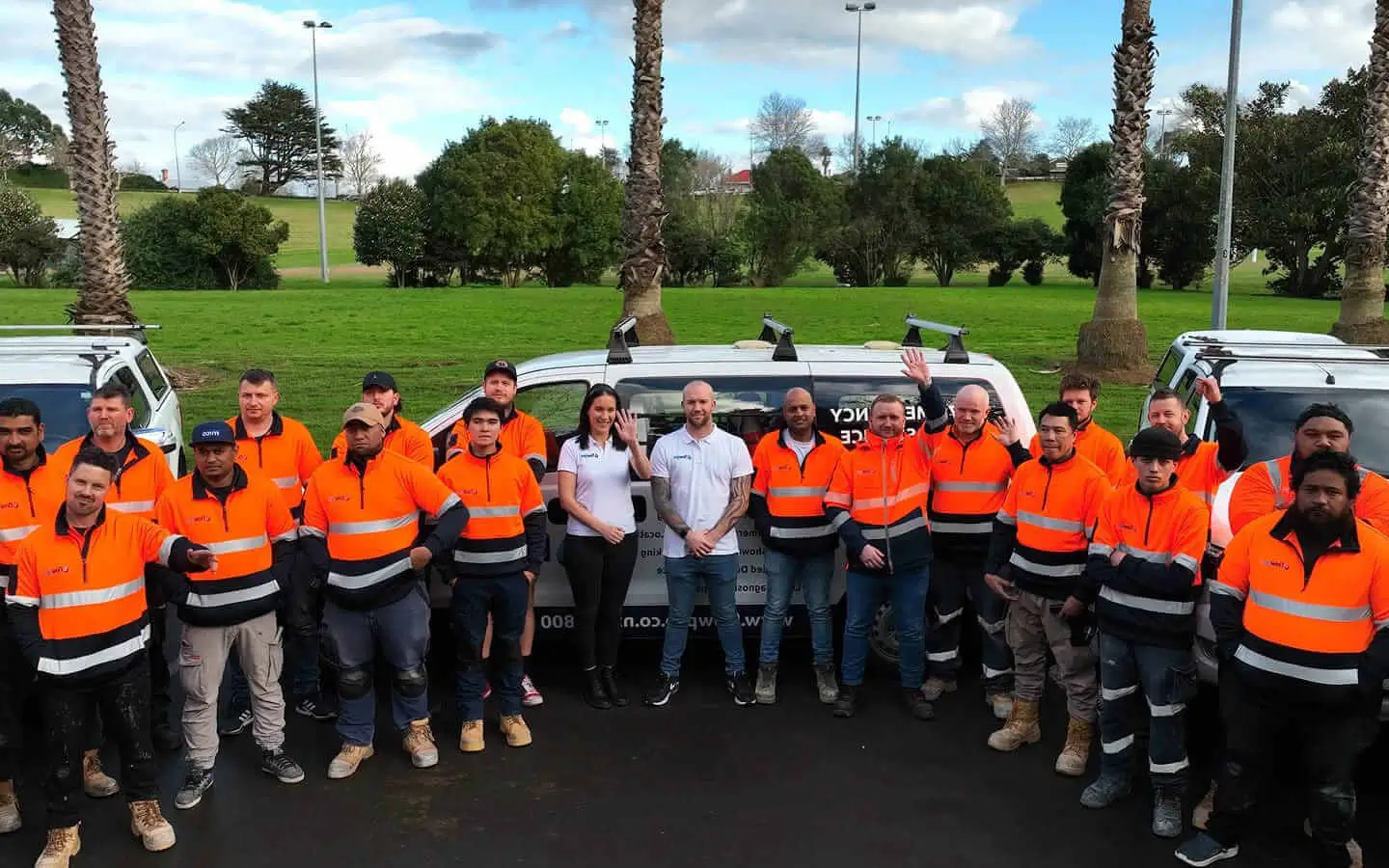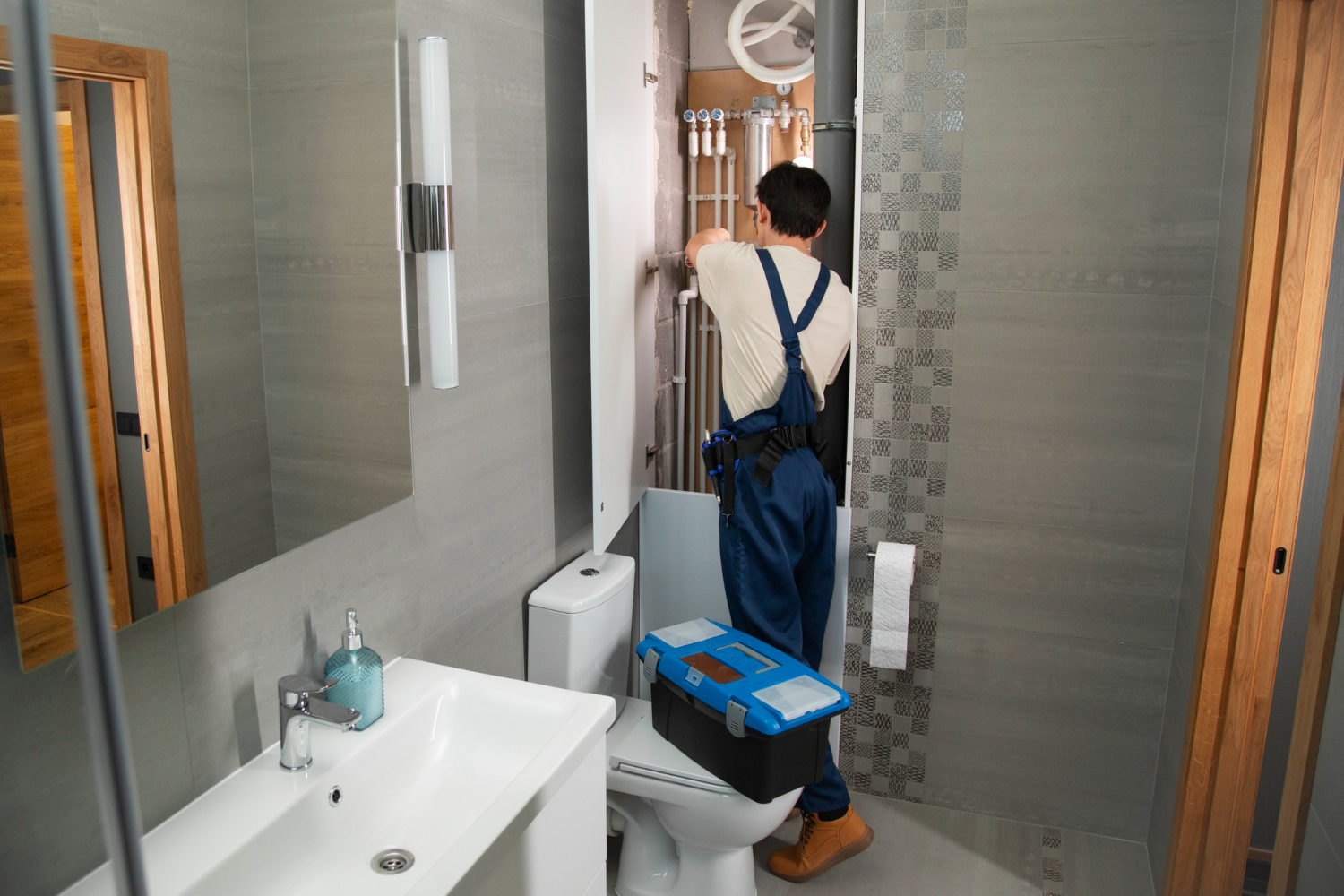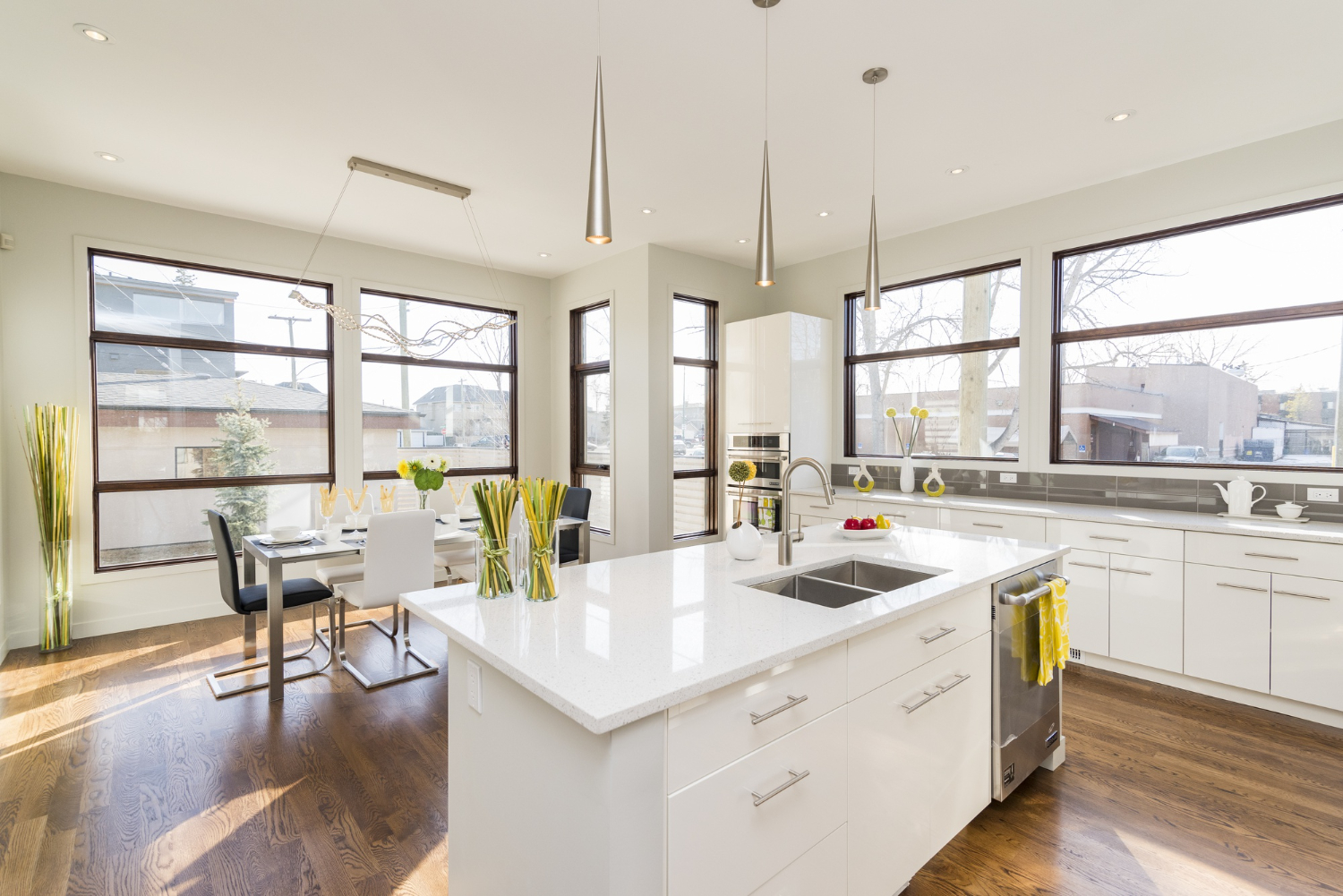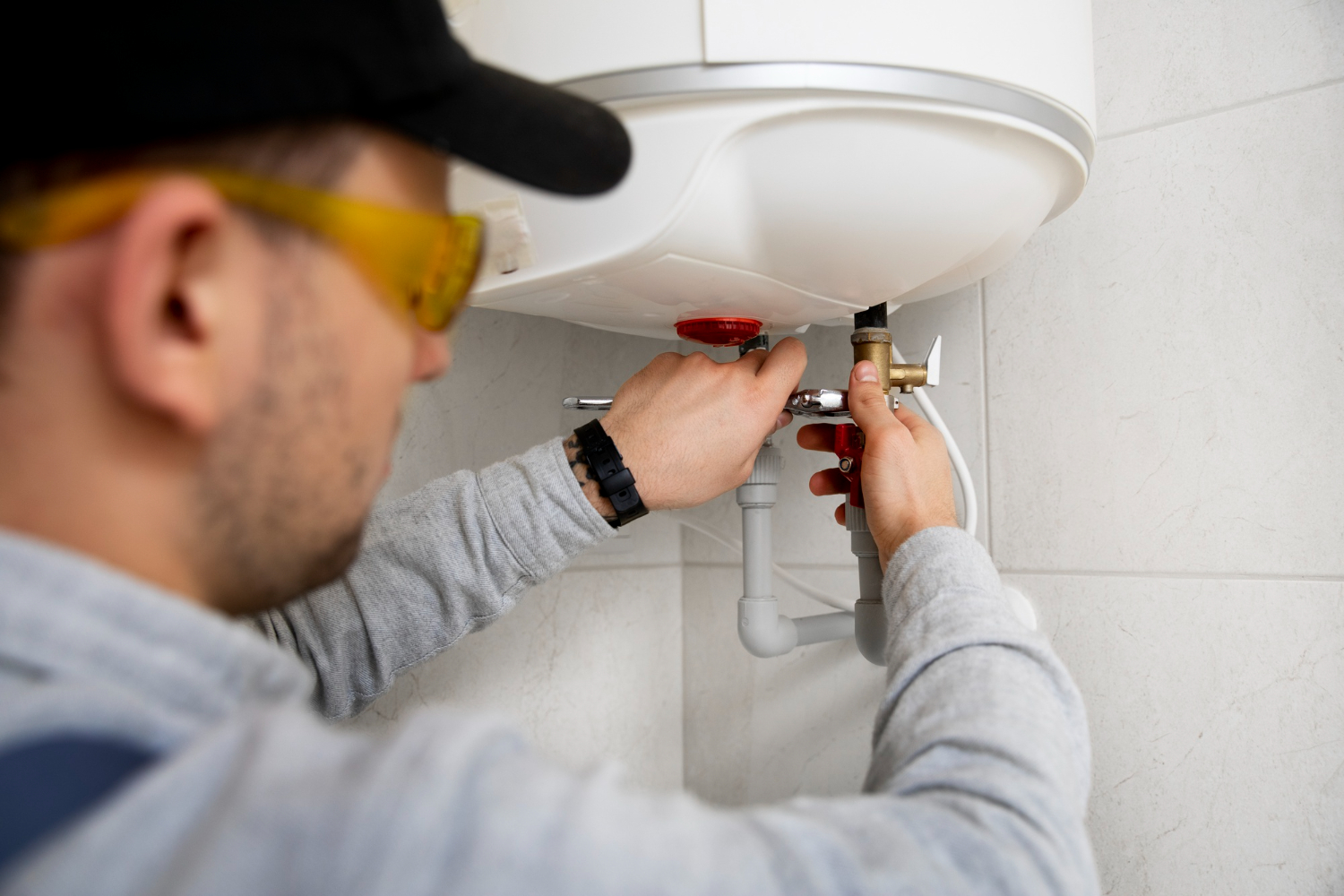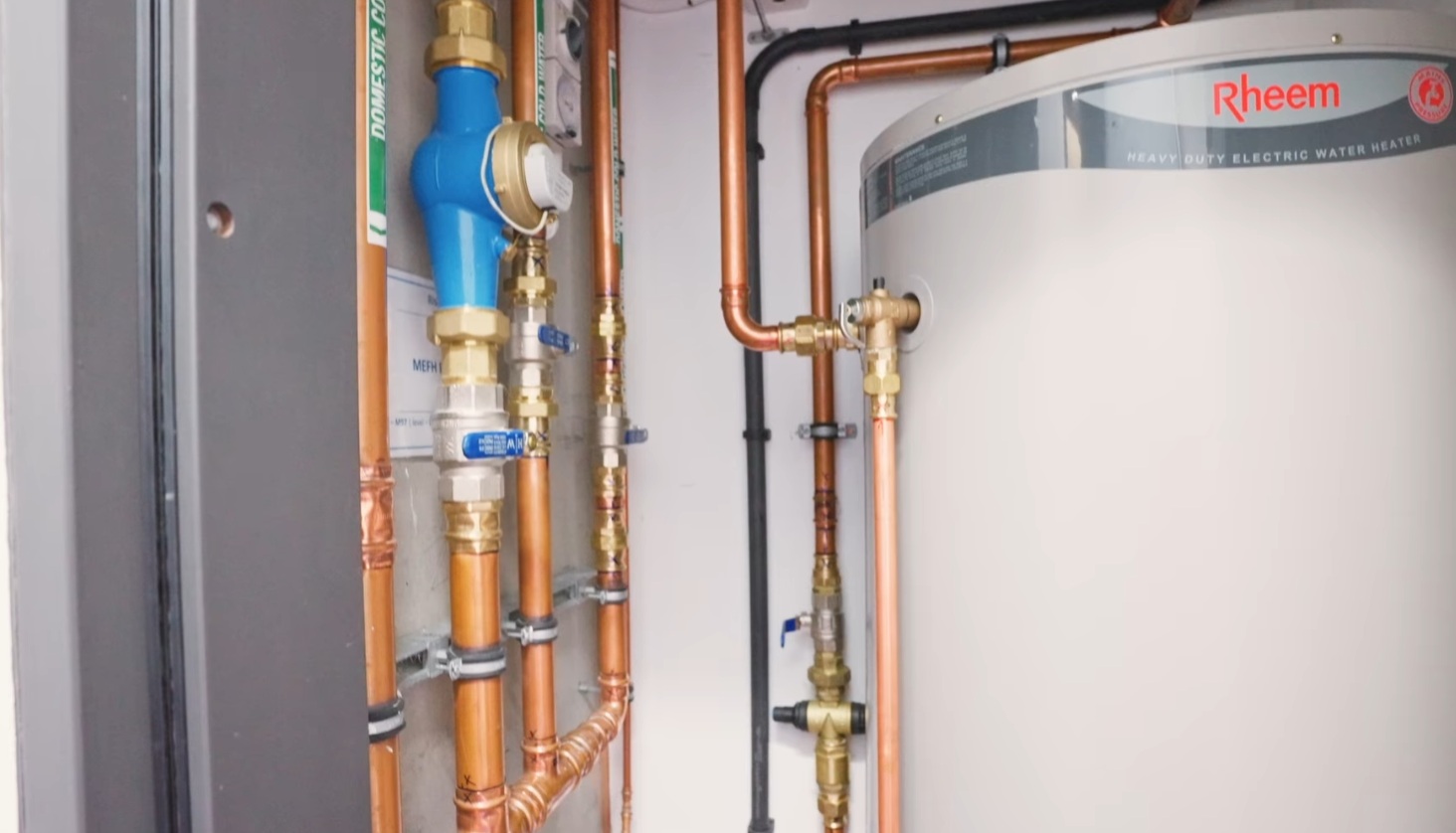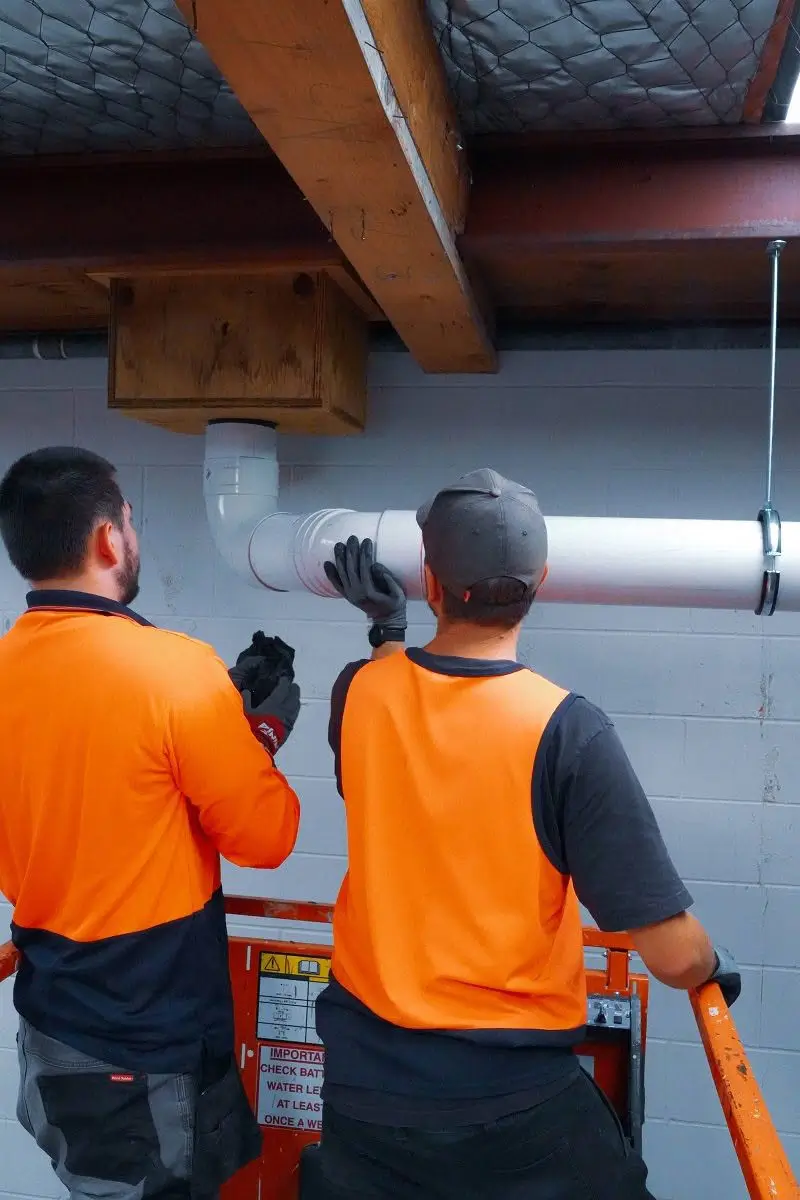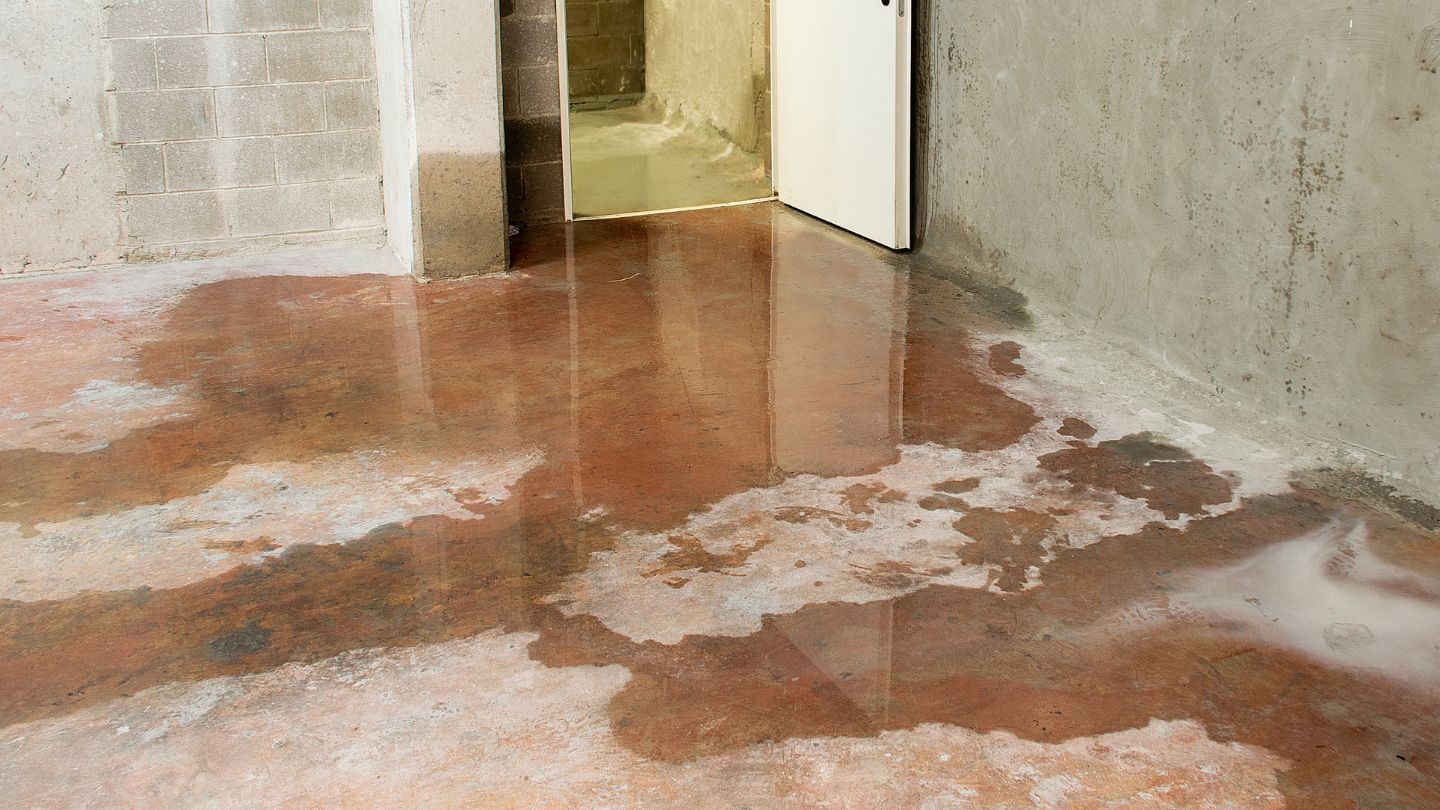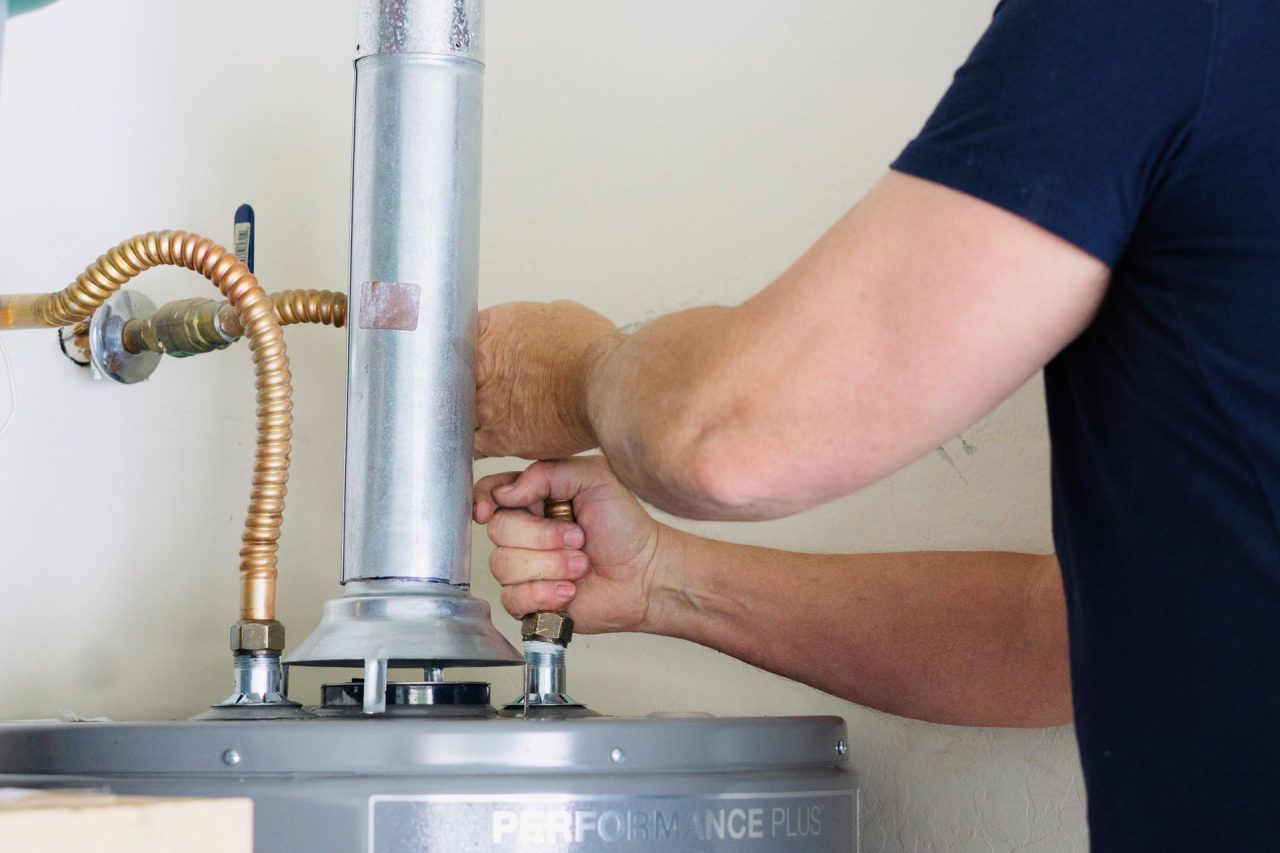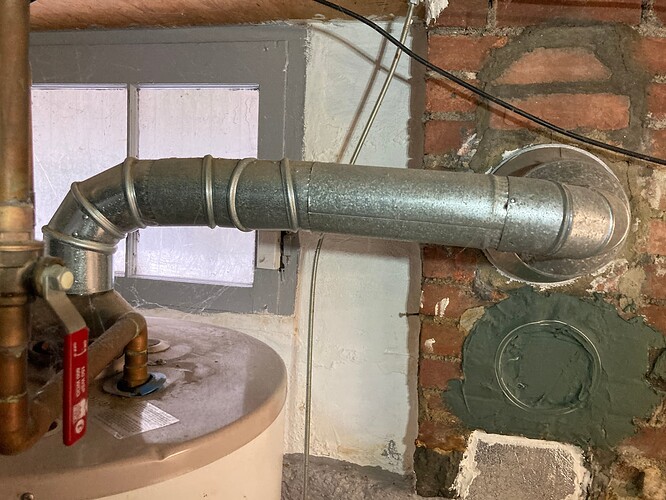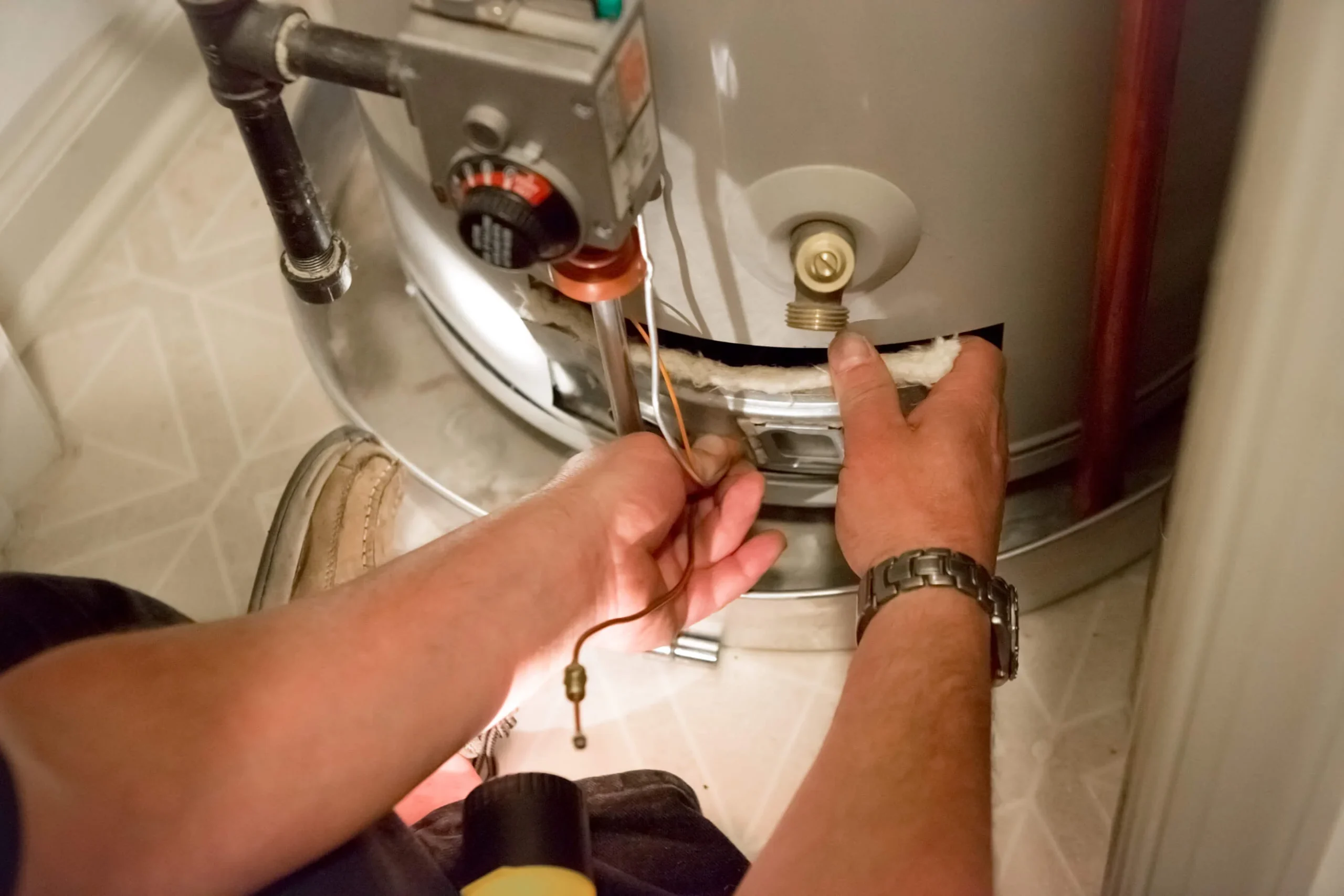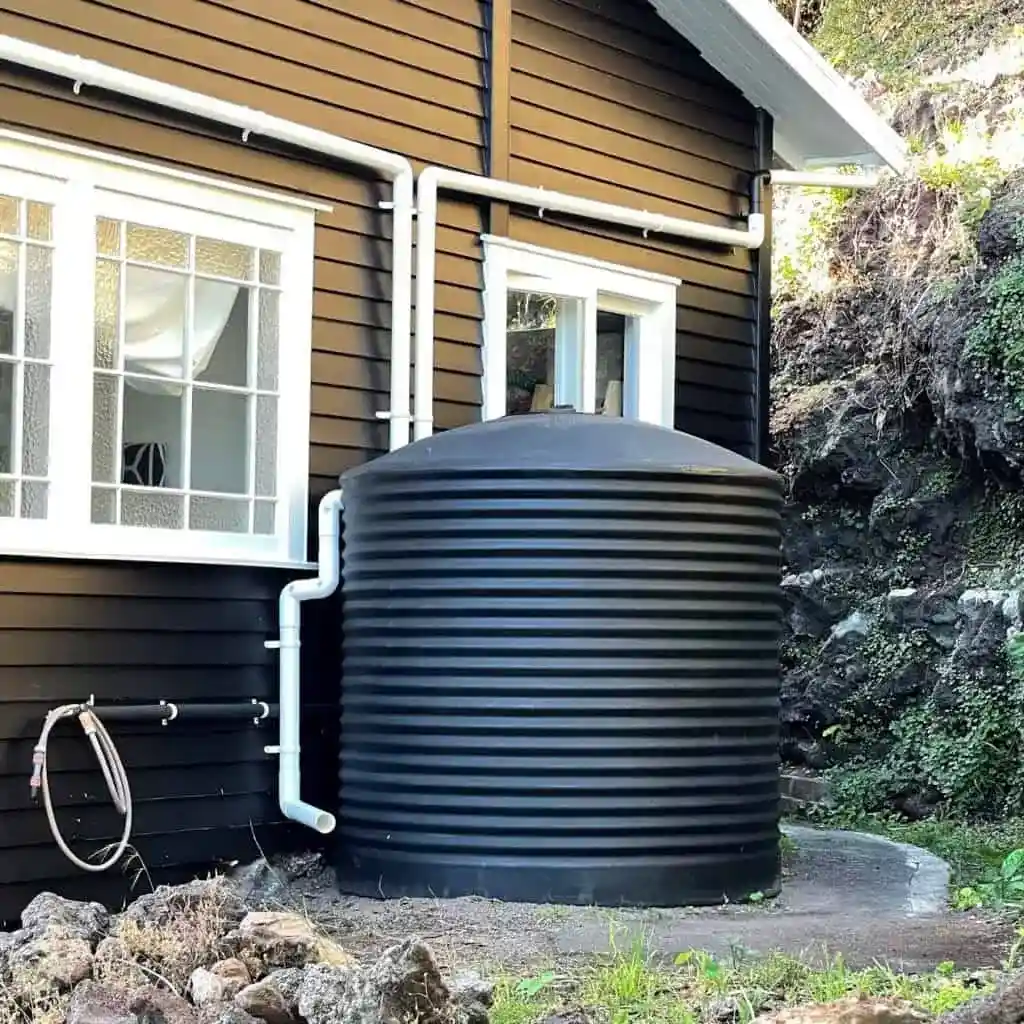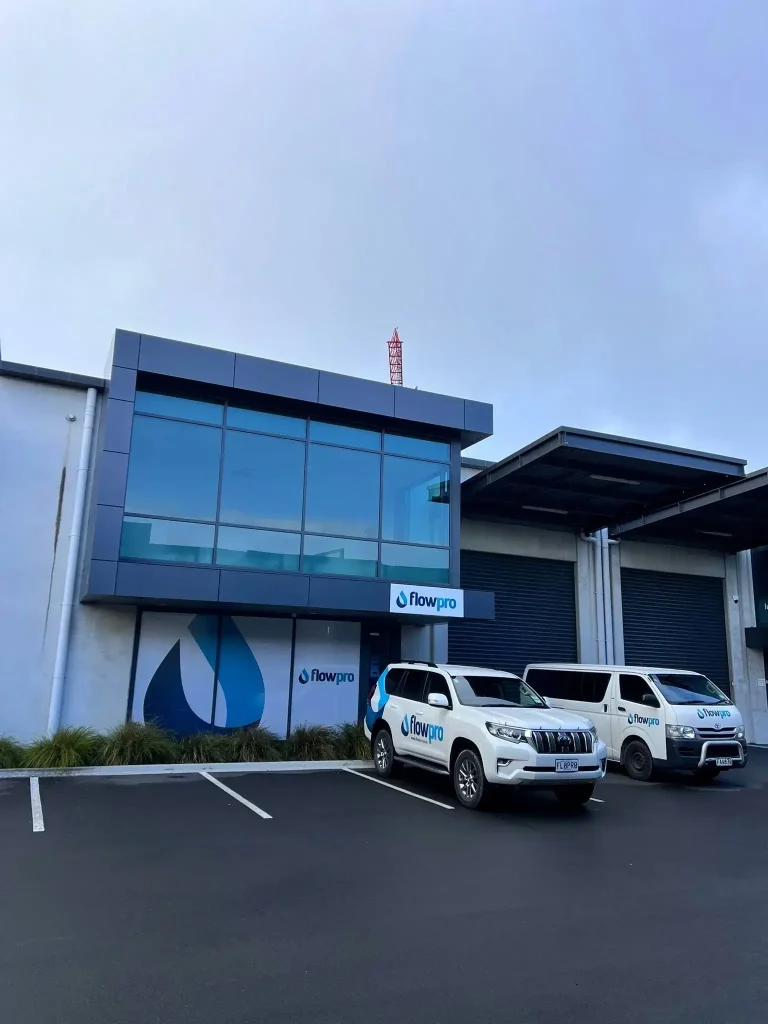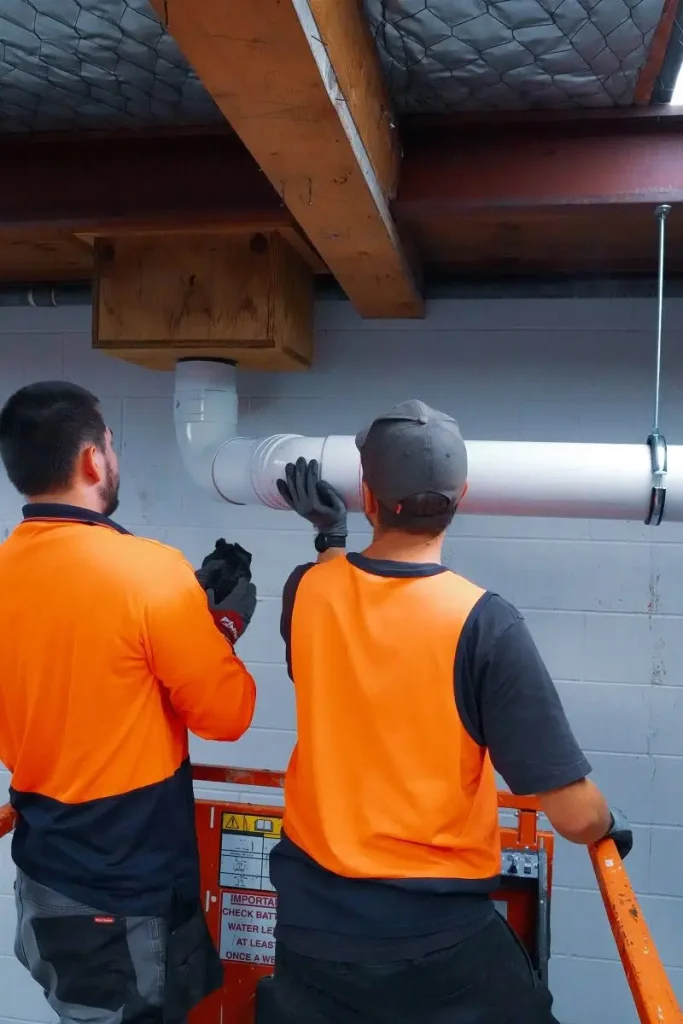Good news: if you are wondering how to choose the right plumber for your call out, you are not alone. Whether you are dealing with a slow leak under the sink or a complete bathroom remodel, selecting the right plumber is vital to preventing worse damage and unexpected costs. Below, you will find a friendly guide to help you navigate key considerations such as licensing, pricing methods, and practical communication tips. You will also see how real-life data and proven practices can make your choice clearer.
We will walk through each step with simple language and a balanced look at the pros and cons. You will learn how to confirm credentials, select the pricing model that suits your project, and stay on top of communication so you get timely service. By the end, you can feel confident that you know exactly what to look for in a plumber, and you will have a plan to safeguard your home or business for future plumbing needs.
Understand your plumbing need
Before you pick up the phone or send that email, you will want to clarify what exactly you need from a plumber. Different plumbers may specialize in everything from small domestic leaks to large-scale commercial systems, so identifying the scope of your job is key to finding a good match.
Distinguish between small fixes and large projects
- Small repairs: These include unclogging drains, fixing minor leaks, or installing a new faucet. You might feel comfortable with a plumber who focuses on quick call outs or same-day service.
- Large issues: A major water heater replacement or a comprehensive bathroom renovation requires planning. In these scenarios, you want someone who has proven experience, proper insurance, and the capacity to handle more complex tasks.
Assess the urgency
Plumbing emergencies, like burst pipes, call for immediate assistance. In these cases, you might look specifically for 24/7 availability or after-hours service. If you have more flexibility say you are remodelling your guest bath then you can schedule an estimate in advance without paying extra emergency fees.
Check licensing and accreditation
In most regions, including New Zealand, plumbing is a regulated trade that often requires certifications and licenses A properly licensed plumber has met certain standards of skill and safety.
Why licensure matters
- Demonstrates competence: Licensed plumbers have completed the required training, exams, or apprenticeship hours.
- Ensures compliance: A certified professional will know local codes, meaning a safer job for you.
- Offers peace of mind: You can trust that your plumber understands the latest techniques, technology, and best practices.
If you live in an area with mandatory licensing laws, do a quick check with the official registrar or ask the plumber for their license number. Reviewing a plumber’s qualifications may feel tedious, but it can save you headaches down the road.
Explore pricing models
Finding a fair price involves more than comparing a few basic quotes. You may come across different pricing structures for your call out, and each has unique benefits. Request clear, itemized estimates so you see exactly what you are paying for.
Time and materials vs. flat rate
Two of the most common methods are:
- Time and Materials (T&M): The plumber charges by the hour plus parts used. This is standard for open-ended projects, like troubleshooting an unseen leak.
- Flat Rate: You pay a set fee for a defined service, such as installing a new bathroom sink. This can be helpful for jobs with a fairly predictable scope.
Here is a quick comparison table to illustrate their key differences:
| Pricing Model | Pros | Cons |
|---|---|---|
| Time & Materials | – Flexible for unknown issues | – Can lead to higher costs if job takes longer |
| – Useful for exploratory work | – Less transparency on total until job finishes | |
| Flat Rate | – Predictable total cost upfront | – May have built-in buffers for unexpected delays |
| – Builds trust with clear final pricing | – Not always suitable for complex or evolving projects |
Most licensed plumbers in different regions charge between NZD $70 and NZD $150 per hour, depending on experience, urgency, and location. Problems like a minor leak could cost you around NZD 75 to a few hundred dollars, whereas larger tasks like water heater installation might push you into the NZD $2,000 to NZD $3,000 range. Note that these figures can vary, so always discuss with your plumber to confirm a realistic estimate.
Factor in overhead and transparency
Plumbers must also cover overhead expenses such as vehicle maintenance, insurance, tools, and administrative staff. A transparent estimate will show you whether these costs are included. Clear communication about overhead helps you avoid hidden fees. It also indicates that the plumber takes their business seriously, which can reflect a higher standard of professionalism.
Evaluate communication, availability, and after-hours service
Even if your plumbing job is minor, you want a plumber who communicates well. This includes prompt call-backs or emails, straightforward explanations, and a friendly, patient attitude.
How to spot strong communication
- Proactive updates: If the plumber discovers any additional issues, they will let you know before proceeding and possibly adjusting the quote.
- Multi-channel support: Email, text, phone calls—see which contact options they offer.
- Clear follow-up strategy: Do they set a date to check in? Do they offer guidance on preventing repeat issues?
After-hours emergency response
If you have a burst pipe in the middle of the night, a plumber who offers after-hours answering can be a lifesaver. Many companies use professional answering services to handle off-peak calls so you can connect with a real person. This not only shows they value your emergency but also helps them gather essential details—such as the type of issue or the location—before they arrive.
By using a live answering service, the business can prioritize urgent situations without having to staff an overnight crew. These operators can respond in English or even offer bilingual support for Spanish speakers, if needed. While this might not be your top requirement for routine maintenance, it can make a critical difference in an emergency scenario.
Making your final decision
Choosing a plumber is a multi-step process. It might feel overwhelming at first, but laying out each factor can help you pick a professional who will do quality work at a fair price. Be sure to take your time weighing the benefits of each option, especially if you do not have a pressing emergency.
- Confirm your job scope: Know whether it is a simple fix or a multi-stage project.
- Verify credentials: Check for licenses, certifications, or professional memberships.
- Consider pricing models: Decide whether you prefer time and materials or a flat rate based on the job’s complexity.
- Ask about communication: Look for strong customer support, quick response times, and transparent follow-up.
- Discuss after-hours service: If relevant, confirm how the plumber handles urgent, late-night, or weekend calls.
If everything lines up and the plumber offers a clear, itemized estimate that accounts for parts, labor, and overhead, you can proceed with confidence. Remember that a well-chosen professional can save you future stress—and potentially thousands—in damages.
Quick recap and next step
- Start by clarifying your plumbing issue and whether you need a quick fix or a large-scale project.
- Check a plumber’s licensing, experience level, and if local regulations require specific certifications.
- Choose a pricing approach that fits your situation, whether time-based or a flat-rate quote.
- Make sure your plumber communicates well and has a plan for emergencies or off-hours.
- Confirm the final estimate is transparent, covering parts, labour, and overhead costs.
You do not have to navigate all of this alone. A good plumber is keen to help you understand your options, so do not be shy about asking questions. Caring for your home or business is a partnership, and a reliable plumber will welcome your requests for clarity.
If you are ready to connect with a trusted team, consider Flowpro Plumbers and Gasfitters. They can help you secure professional workmanship for your call out and ensure you have a positive experience from start to finish. Schedule a consultation when you are ready, and feel a little lighter knowing your plumbing is in good hands.
Frequently asked questions
- How do I know if a plumber is licensed?
Ask to see their credentials or license number, and cross-check with your local authority’s online database if it is available. In many regions, tradespeople are legally required to carry proof of their license. - Is it more cost-effective to use a flat rate or time-and-materials pricing?
It depends on the job. Flat-rate pricing can be more transparent and predictable for routine or clearly defined tasks. Time-and-materials pricing works better if there is uncertainty about the source or extent of the damage. - Should I hire a plumber who offers after-hours services?
If you run a business that cannot afford downtime or you worry about sudden leaks in the middle of the night, finding a plumber with emergency availability is worth it. They often use live answering services so you can speak to a real human even after working hours. - What if my plumbing job is not urgent?
You can schedule a standard call out at a time that suits you. This approach lets you gather multiple quotes, compare credentials, and pick the plumber who aligns best with your needs and budget. It also gives you more time to discuss potential upgrades or preventative measures.
